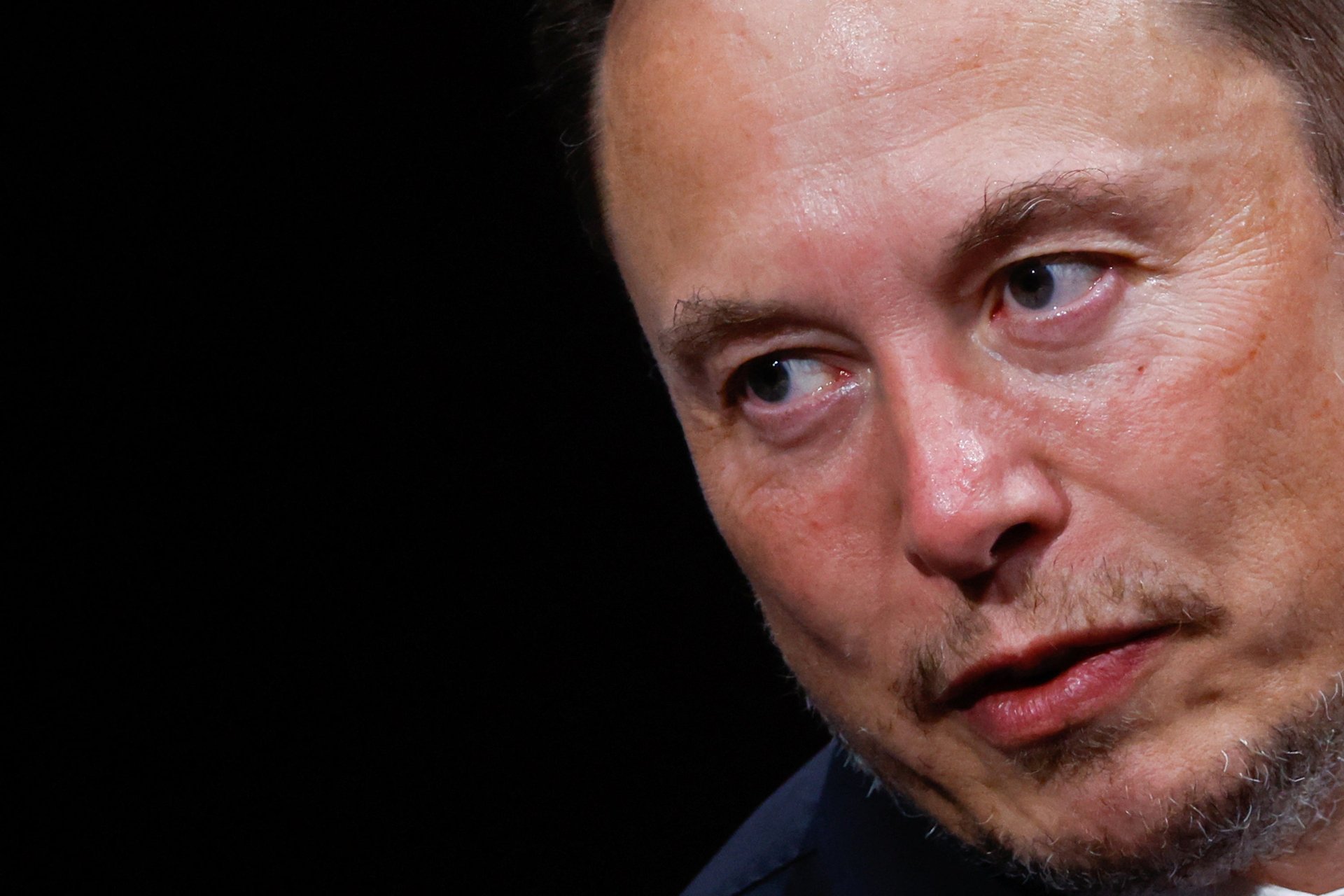X is now worth half of Elon Musk’s original $44 billion bet
X's latest employee compensation plans offer restricted stock units at $45 a share

Elon Musk’s $44 billion price tag for Twitter (X) is now double what the company is actually valued at. The privately-held social media company is offering employees equity compensation plans with restricted stock units (RSU)—stocks with conditions such as a vesting period—at the share price of $45, valuing the company at $19 billion, according to documents obtained by Fortune.
Suggested Reading
This marks a 56% drop from what Musk paid for the platform just a year ago. In the time since Musk bought X, it has seen a significant drop in web traffic.
Related Content
Banks involved with financing the purchase have also been revaluing their holdings. Mutual fund Fidelity, which has put more than $300 million into Musk’s deal, has marked down its investment by 65%.
In July, Musk himself posted on his platform that X is “still negative cash flow, due to 50% drop in advertising revenue plus heavy debt load.”
X isn’t the only tech company seeing its valuation plummet. Payment app Stripe’s valuation dropped by almost half this year, and grocery delivery startup Instacart sliced its valuation three times before its public offering.
Are X employees getting the short end of the stick?
Valuations are arbitrary depending on who is valuing the company, and for what purpose, and since X is a private company, it can offer stock at a discount in its employee compensation packages.
“Since there’s no liquid market for shares, the co[mpany] can make an argument that common stock is worth less than the $44 billion price tag,” posted EquityZen’s founder Phil Haslett on X. “This actually benefits employees: they’ll likely get more stock.”
Haslett told TechCrunch that X’s valuation drop is no surprise, but it is the velocity of the drop that “does raise some concerns.”